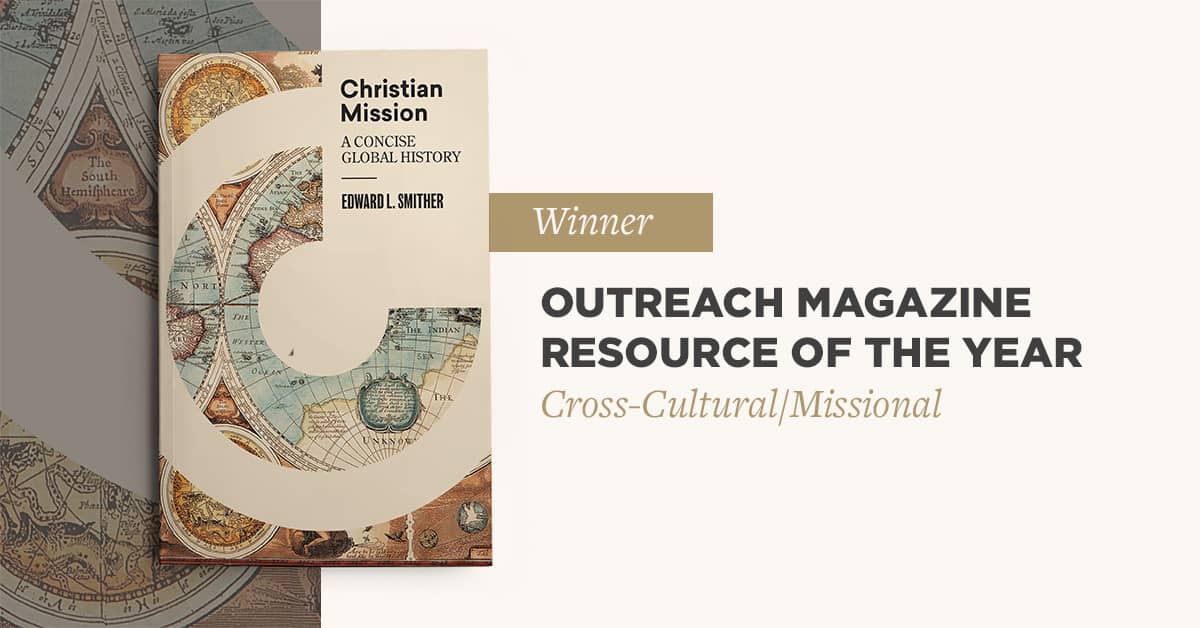
Lexham Press is proud to announce that Christian Mission has been selected by Outreach Magazine as an Outreach Resource of the Year in the Cross-Cultural and Missional category. This book also received a Book Award of Merit for Missions from Christianity Today.
Here’s an excerpt from this award-winning book:
The word mission is used today in a plethora of contexts. Diplomats, fighter pilots, and some elementary school teachers refer to their work as a mission. Virtually every business, from auto-parts distributors to fast-food restaurants, possesses an articulated mission statement.
When a word is used so often, fatigue can set in and obscure its meaning altogether. Christian mission is no exception. Stephen Neill, a twentieth-century Anglican bishop and historian of mission, warned, “If everything is mission, nothing is mission.”
God’s people imitate God, declaring his glory among the nations and crossing boundaries from faith to nonfaith. That’s Christian mission.
So what value do we find in studying the history of mission?
First, examining history in general enriches the human experience as we gain an accurate understanding of the past by grasping contexts, causes, changes, and complex developments.
Second, historian Justo González correctly says that church history is in fact mission history. To appreciate the church’s story through the ages—beyond the history of buildings, traditions, and doctrine—we must evaluate how the gospel has spread across social and cultural boundaries and how the church has taken root among people groups. Grasping the history of Christianity shapes the global church’s consciousness and contributes to a healthy Christian memory. Although a faithful appraisal of mission history will reveal the weaknesses and mistakes of missionaries and even embarrassing developments, it ultimately points to the faithfulness of a missionary God.
Finally, practically speaking, modern mission practitioners who evaluate mission history can learn from the mistakes and the innovations of the past—practices that ought to be rightly abandoned as well as other approaches that might be recovered or emulated today.
Studying mission history allows us to learn from the past as we contemplate the future of mission. Reflecting on mistakes in mission (e.g., the abuse of power, the conflation of empire and mission) gives us the chance to repent and renounce wrong thinking and bad practices. We can move on and not repeat these mistakes. Learning from the innovations and breakthroughs in mission, and the great sacrifices made by missionaries through the ages, should teach us humility. When we engage in mission today, we stand on the shoulders of giants who still have much to teach us. Finally, reflecting on mission history reminds us that this is God’s mission. Despite successful innovation and embarrassing failures, God sustains his global church and his kingdom continues.





